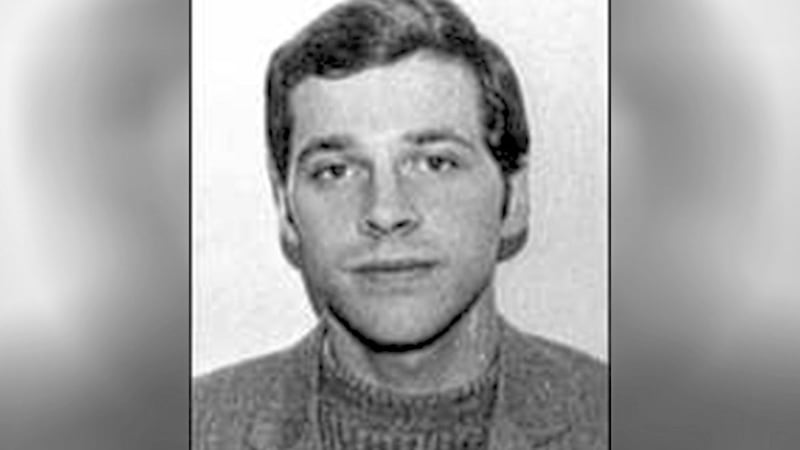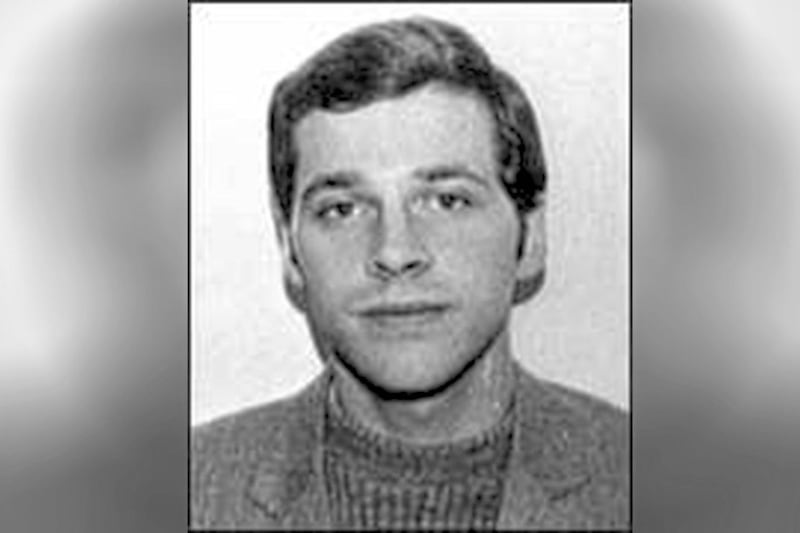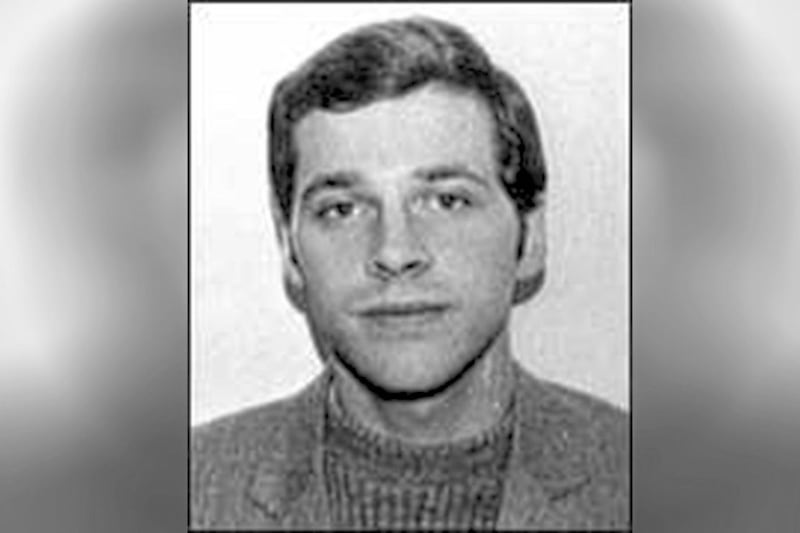A convicted murderer who fled to the United States after taking part in a mass IRA prison escape will have a legal bid to clear his name heard next year.
Judges at the Court of Appeal in Belfast listed Kevin Barry Artt's case for a two-day hearing in March.
The challenge will get underway once new forensic tests on original handwritten police interview notes are finalised.
Fixing the hearing date, Lord Chief Justice Sir Declan Morgan said: "It's long enough away to give us a chance to make sure we complete everything."
Artt (59) is seeking to overturn a verdict that he was guilty of killing Albert Miles, a deputy governor at the Maze Prison, in 1978.
He has remained in California since a failed attempt to extradite him.
Defence lawyers are set to argue that police conduct during his interrogation and flaws in the trial process render his conviction unsafe.
In 1983 Artt was sentenced to life imprisonment for the IRA murder of Mr Miles.
The victim had been gunned down in front of his wife at their home off the Cavehill Road in north Belfast.
A month after lodging appeal papers, Artt joined 37 other inmates in the September 1983 escape from the Maze - the biggest jailbreak in UK history.
He fled to America, settling on the west coast and establishing himself as a successful car salesman.
In 1992 he was arrested on a passport violation, leading to British authorities seeking his extradition.
But following a protracted process the US courts ruled against sending him back.
His lawyers have prepared fresh grounds on which they contend the conviction should be quashed.
They claim the only evidence implicating him came from admissions made under duress at the Castlereagh police detention centre.
The case is also expected to focus on forensic ESDA tests of the original handwritten police interview notes, a process carried out for the extradition proceedings.
In court today it was revealed that contemporaneous notes have now been discovered and disclosed.
However, Gerald Simpson QC, for the prosecution, added that new ESDA reports have not yet been completed.








